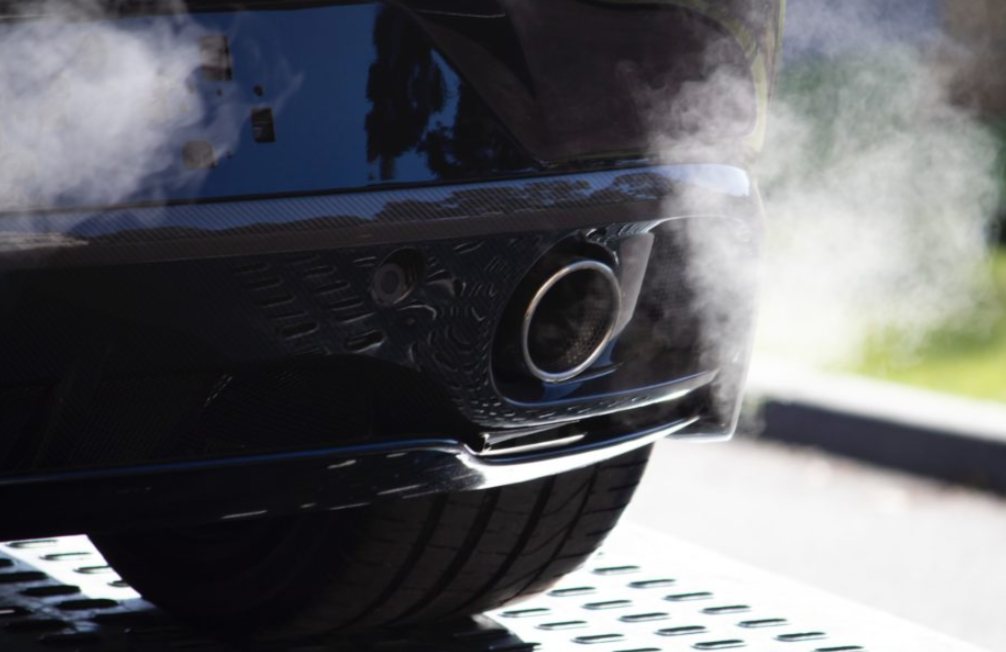The European Commission has proposed a new set of regulations to reduce vehicular pollution as a means of improving the air quality across Europe's cities.
In a press release published on Wednesday, the Commission claimed that its new 'Euro 7' measures will "reduce air pollution from new motor vehicles sold in the EU... while keeping vehicles affordable for consumers and promoting Europe's competitiveness".
According to EU estimates, 300,000 Europeans die prematurely each year due to air pollution, with 70,000 dying specifically because of vehicular emissions.
"We cannot accept a society where exposure to air pollution is responsible for more than 300,000 premature deaths in the EU-27 alone annually," said Commission Executive Vice-President Margrethe Vestager. "The new rules will help us breathe safer air and help the [road transport] sector to become greener and more resilient."
Lower, broader, longer
The Commission's proposals comprise a host of concrete measures designed to improve Europe's air quality. These include lowering the permissible amount of nitric oxide and nitrogen dioxide emitted by cars and vans (by 35%) and buses and lorries (by 56%), as well as limiting the permissible quantities of particulate tailpipe emissions (13% for cars and vans, and 39% for buses and lorries).
Euro 7 standards will also expand on the number of currently regulated pollutants to include restrictions on ammonia emissions for cars and vans. It will also place limits on formaldehyde, carcinogenic gas and nitrous oxide emissions for lorries and buses.
In addition to stricter and broader standards, vehicles will be expected to comply with the new regulations for a longer period of time: compliance with emission thresholds will be mandated for up to 200,000 km and 10 years of vehicular use, compared to 100,000 km and 5 years of use under the EU's old regulatory system.
"Citizens have been demanding cleaner air and the new Euro 7 standards will help deliver that," said Commission Executive Vice-President Frans Timmermans. "We will have more precise emissions testing that reflects real driving conditions, we will regulate pollutants like ammonia to reduce smog in cities, and we will limit the release of microplastics from tyres."
Related News
- Belgian mobility company launches small electric city car
- Global energy sector falling well short of zero emissions targets
The Commission claims that Euro 7's financial impact on consumers will be "moderate": it estimates that, as a result of the new regulations, the price of cars will increase by €90 to €150, while prices for buses and lorries will rise by around €2600.
The Commission also believes that Euro 7 will ultimately be an overall money-saver for Europeans: it claims that "for each euro spent on technologies for Euro 7, more than €5 are saved on health and environment".
The new regulations relating to cars and vans are scheduled to enter into force on July 1 2025; those pertaining to lorries and buses are expected to be enshrined into EU law two years later.

